Flash Cards
0 products
0 products
Back in the early days of education, flashcards were a staple for teaching children to read. Today, some parents still use flashcards to teach their children the basics of reading and maths. Many schools also use this learning method by incorporating it into their daily lesson plans.
Flashcards can be used in many different ways, including as a way to help kids learn how to spell and pronounce words. A simple stack of flashcards with letters and numbers on them can be used to teach a child how to write. Flashcards can also be utilised in an educational setting, where students are given sets of flashcards to study at home or school.
We understand the difficulty of teaching a child with special needs, and we are here to help. Our flashcards are designed to engage and stimulate the senses in kids of all ages. Each card is brightly coloured and has braille text and large print for easy reading.
We offer cards for various subjects, including numbers, letters, shapes, colours, animals, holiday themes, etc. Whether your goal is to increase vocabulary or strengthen motor skills, these flashcards can be an effective way to teach your child.
You can use these cards in a variety of ways:
As a teacher or parent, you know as well as we do that teaching a child with special needs can be difficult.
Our flashcards take away many factors that make learning so challenging — like being distracted by others or struggling with too much information at once — and work around these issues by interactively delivering lessons one-on-one.
Flashcards are not just for preschoolers, and they should be a part of your child’s educational toolkit from the time they are an infant. They’re a great way to teach kids who have special needs because they can be used in many different ways to help with many things — including language development and fine motor skills, among many others.
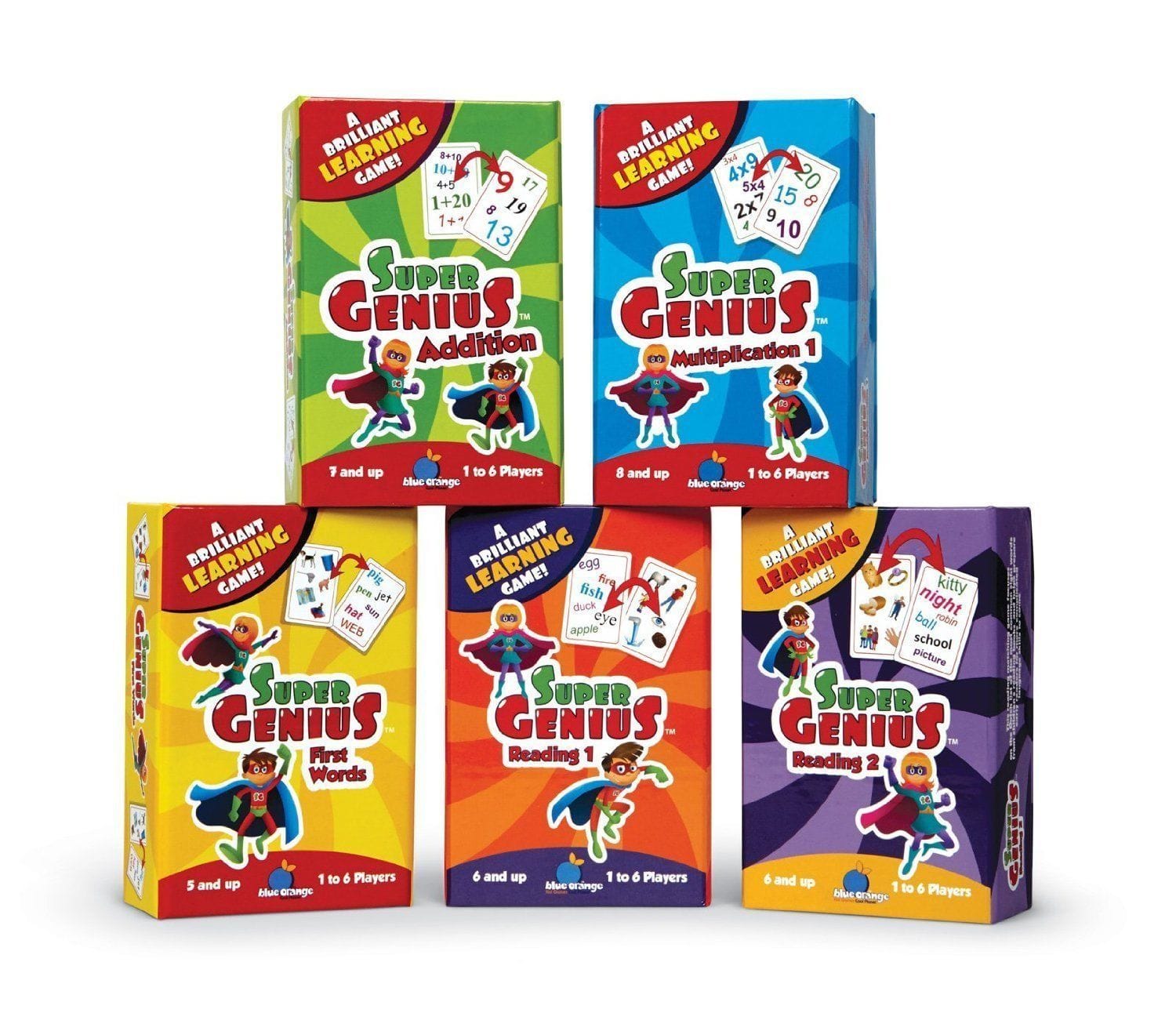
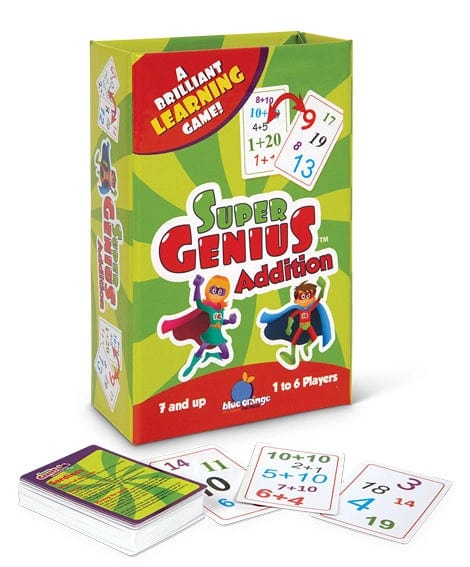
From a cognitive development perspective, flashcards have the potential to develop a variety of skills in kids with special needs. In addition, they provide an interactive and enjoyable way for children to learn, keeping them engaged and focused for longer periods. In addition, the repetitive nature of flashcards helps kids with special needs retain information. Flashcards also give both teachers and parents a visual indicator of how well children grasp new concepts and learning materials.
Flashcards can also benefit children with special needs from a visual development perspective. For example, flashcards are an effective tool for helping blind children learn to read braille. In addition, they help children with limited vision focus on a single object, and they provide the opportunity to practice visually-based learning skills like shape recognition. For babies just starting to learn about the world around them, flashcards can help develop visual tracking skills — a critical ability necessary for reading and writing.
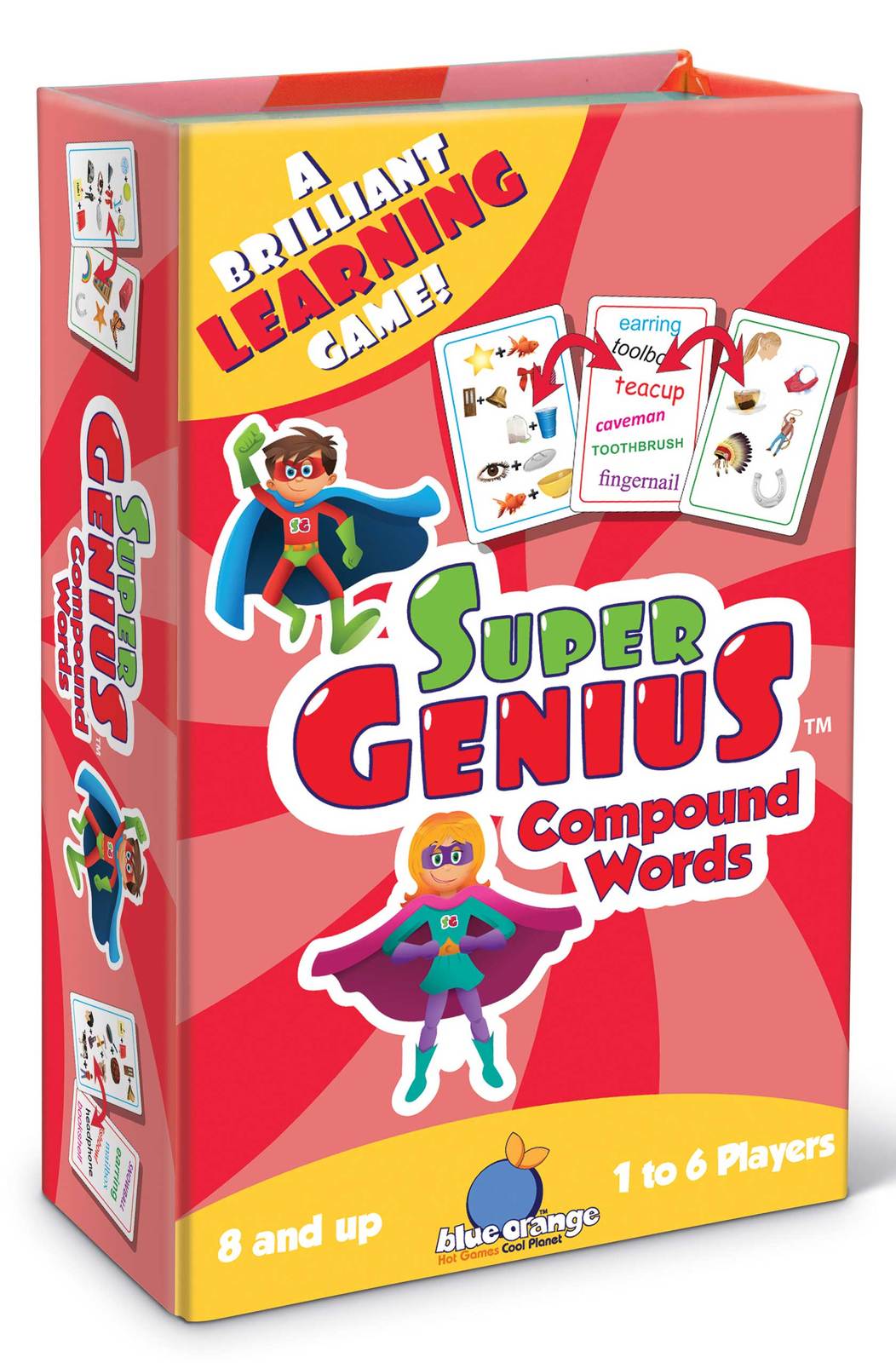
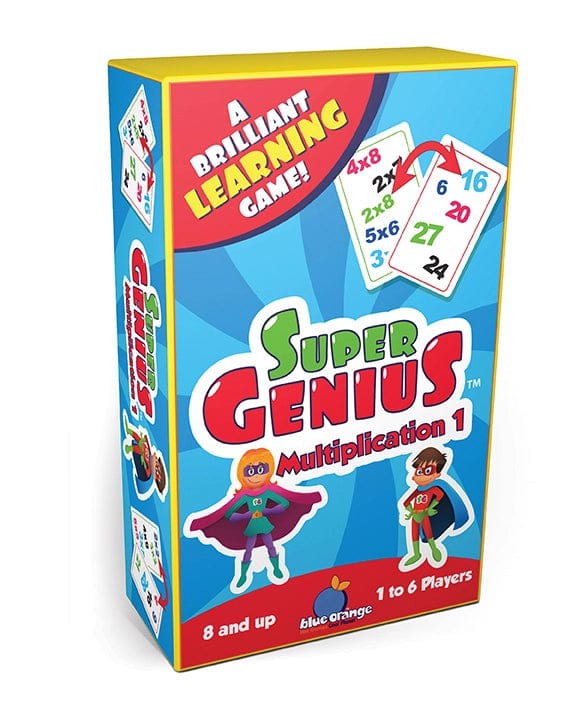
Language development has been a part of our lives since we were babies. First, we learn to say words, and then we know to put them together to make sense. Learning to read is another challenge as we are developing language skills. Flashcards can help with all of these areas of language development, including vocabulary building. You may want to start by using flashcards with pictures and word labels to help your child learn the names of objects.
Activities like cutting paper and writing will strengthen your child’s fine motor skills by improving muscle control. Once your child reaches the age of two, you can start using flashcard games to teach them numbers and letters and how to write words correctly.
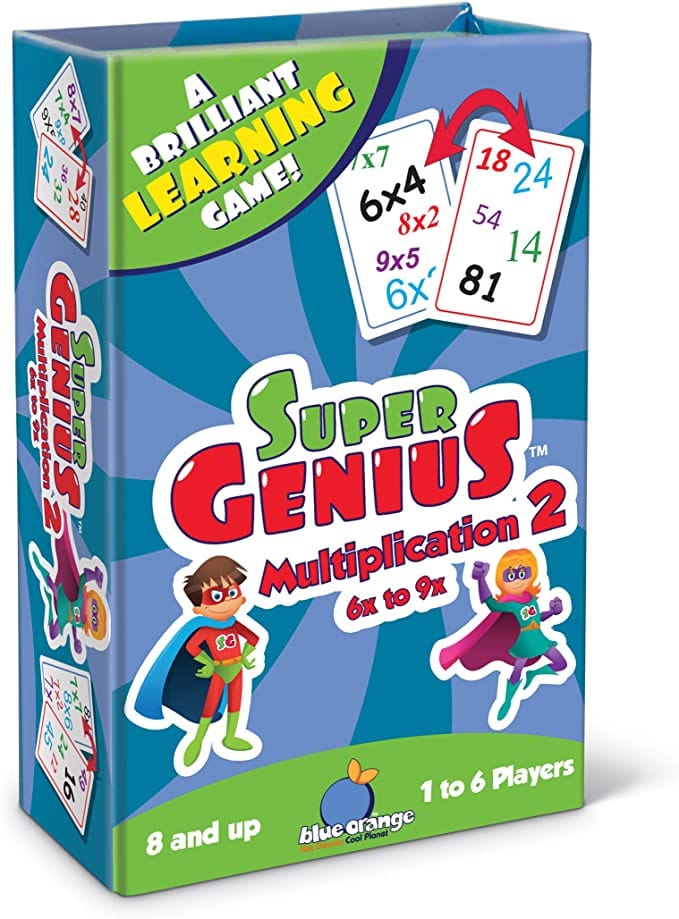
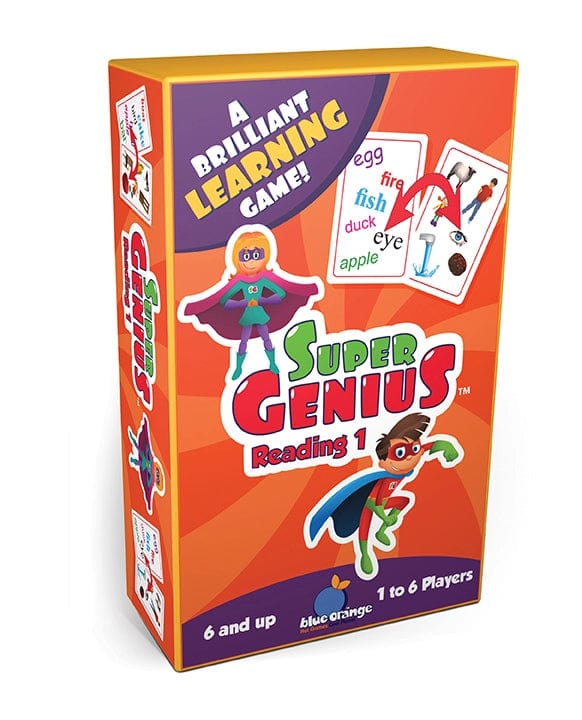
Flashcards involve repetition, which helps children with special needs concentrate on one task at a time — something they often struggle with due to their struggle focusing. Repetition also helps improve their memory, which gives them the confidence they need when learning new things. In addition, this gives them a sense of achievement, which boosts their self-esteem.
Education flashcards can be used to open up conversations between you and your child. They are designed to stimulate discussion, encouraging your child to express their thoughts and feelings while learning at the same time. The pictures on the flashcards can also encourage your child to ask questions about the world around them, helping them learn more about animals and nature, and improving their social abilities.
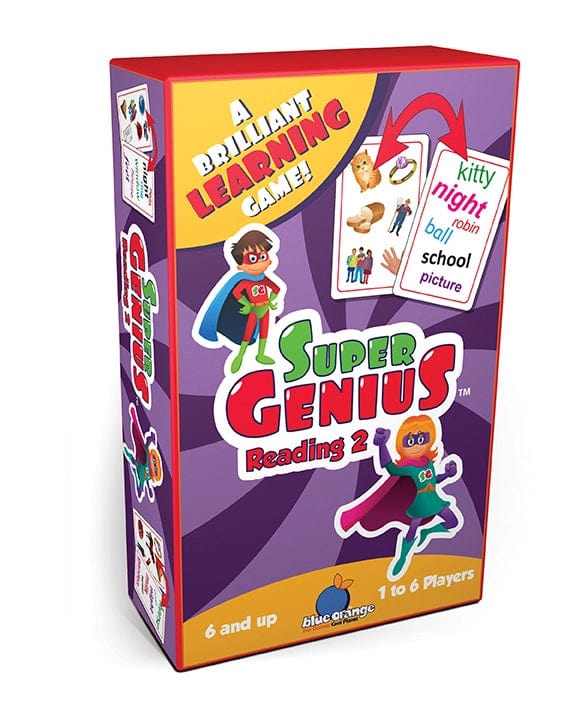

Children with special needs often have trouble regulating their emotions and behaviour. They may have difficulty expressing themselves or understanding the emotions of others. When used correctly, flashcards can help improve emotional regulation by focusing on positive reinforcement, which over time helps reinforce the behaviour you want your child to exhibit.